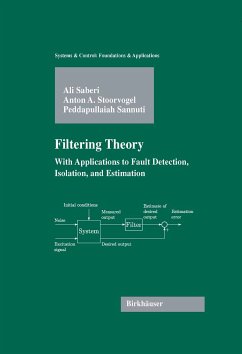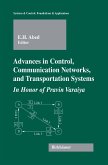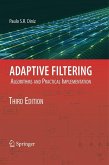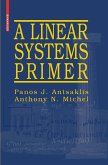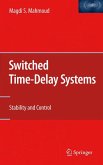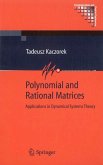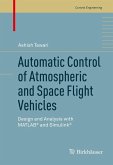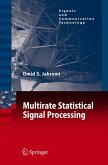The authors employ a structural approach for several aspects of filter analysis and design, revealing an inherent freedom to incorporate other classical secondary engineering constraints in filter design. This approach requires an understanding of powerful tools that then may be used in several engineering applications besides filtering.
Filtering Theory is aimed at a broad audience of practicing engineers, graduate students, and researchers in filtering, signal processing, and control. The book may serve as an advanced graduate text for a course or seminar in filtering theory in applied mathematics or engineering departments. Prerequisites for the reader are a first graduate course in state-space methods as well as a first course in filtering.
Dieser Download kann aus rechtlichen Gründen nur mit Rechnungsadresse in A, B, BG, CY, CZ, D, DK, EW, E, FIN, F, GR, HR, H, IRL, I, LT, L, LR, M, NL, PL, P, R, S, SLO, SK ausgeliefert werden.
The book can be recommended to graduate students and researchers in filtering, signal processing and control. -Zentralblatt Math
"This book is about filtering of white noise and finite energy type signals for finite-dimensional linear time-invariant system models. ... This book is written for a mathematically mature reader with background in state space, geometric theory and filtering at least at the first year graduate level in engineering or applied mathematics." (Edwin Engin Yaz, Mathematical Reviews, Issue 2007 j)
"This book presents a comprehensive study of filtering theory from an essentially structural perspective. ... this book appears particularly suited to scholars, scientists, and researchers. ... the authors also address graduate students and practicing engineers." (Elena Zattoni, International Journal of Robust and Nonlinear Control, Vol. 19, 2009)

